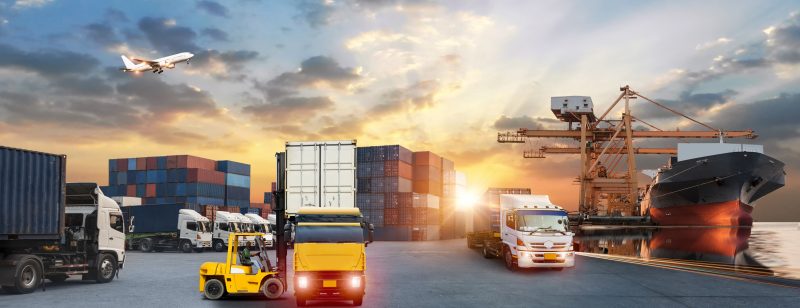If your small business is experiencing supply chain interruptions, you are not alone. Not a week goes by that I don’t hear about another small business experiencing supply chain issues.
Miami Foods, an industrial bakery in Hialeah couldn’t get shaved coconut. This is an issue: Miami Foods only makes desserts and sells to supermarkets around the nation. The owner of the Bikes for Every Body, a maker of tandem bikes especially suitable for the disabled, has had such a problem getting more bikes in, that the owner is now working toward a Made in the USA Buddy Bike.
According to a Federal Reserve survey of CFOs, these two small businesses have lots of companies. Among large and small businesses, nearly 90% of companies said they face extraordinary cost increases because of supply constraints, with more than 60% expecting the trend to persist at least into the fourth quarter of next year, according to the survey last month of 1,104 CFOs across 14 sectors.
Companies large and small are absorbing higher prices by reducing profit margins, cutting costs, substituting or eliminating products, adding contingency clauses to contracts and turning down work, according to the survey by the Fed district banks of Richmond and Atlanta and the Fuqua School of Business at Duke University.
They are also diversifying supply chains, attempting to increase inventories, switching to suppliers closer to the U.S. and moving products by air instead of by ship. Still, those adjustments “will likely increase the cost of production over a longer period of time,” the economists said.
Supply chain issues are weighing on sales, with 55% of CFOs reporting lost or delayed sales equivalent to an average of about 5% of 2021 sales revenue, according to the survey. Smaller companies reported an average 7% reduction in sales revenue.
Seven out of ten companies have struggled to adjust to supply constraints that are increasing costs, delaying production and shipping, and impairing efforts to meet demand, the survey found . “After squeezing profit margins, the only place these pressures can go is into higher selling prices,” economists wrote.
So what are small businesses doing about it? Some are trying to wait it out, like our bike retailer. They are also looking beyond their usual channels to find relief. Miami Foods finally found a supplier in Oregon. When companies are able to get supplies, they are likely paying more and they are either sucking up the added costs or passing on the cost to consumers. Some businesses have started added supply chain surcharges to the bill.
Seckin Ozkul, the director of the University of South Florida Supply Chain Innovation Lab, said in a WTSP-TV report that the quick, drastic changes in demand over the past two years have had ripple effects up the supply chain. Those ripple effects got more dramatic the higher you go on the chain — known as the “bullwhip effect.” It’s why we’re seeing backlogged shipping ports, Ozkul explains. It’s a lot of the goods that had been held up now finally ready all at once with nowhere to go.
The good news: Price increases due to the supply chain are likely temporary. But how long is temporary?
“The surcharge is just another way of saying we are incurring additional costs and somebody needs to pay for it, sorry we’re not going to pay for it,” Ozkul said, noting they are not a new concept, such as jet fuel surcharges that airlines tack on at times of higher fuel prices
For consumers this holiday season, the advice is more cut and dried: Don’t wait until the last minute. “It used to be you could order around December 18 and still get your gifts,” says Craig Austin, an assistant teaching professor at FIU Business. “Now, all bets are off.”
The additional cost of acquiring more products will be passed on to consumers this holiday season through higher prices, says Austin. In fact, he claims that inflation as a whole is being driven higher by supply chain costs. Consumer prices soared in October and are now up 6.2% from a year earlier.
“The last time I checked, there were 81 ships waiting off of the port of Los Angeles,” said Austin in an FIU Biz News report. “What some of these retailers have done is they have leased their own ships. Or in the case of Beanie Babies, they are air-freighting them into the U.S. Air freighting is not cheap.”

